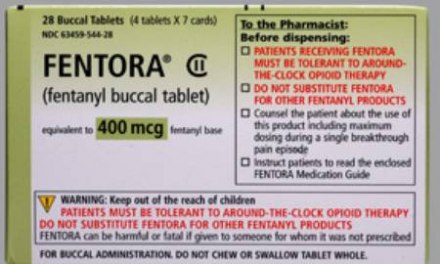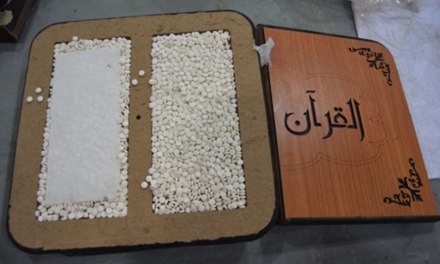The term pill mill was initially used by law enforcement to refer to “… a doctor, clinic or pharmacy that is prescribing or dispensing powerful narcotics inappropriately or for non-medical reasons.” Pill mills have been around for a very long time. They played an important role in the early days of the opioid epidemic. I expect them to be around for a long time to come, because the demand remains and there seem to be plenty of candidates to meet it.
Examples of the pill mill phenomenon range from private physicians and practitioners abusing the prescription pad, to pharmacists hawking their products out the back door of the shop. In some cases, the sellers have drug problems of their own to support. In other instances, the motivation is plain old greed.
A functioning pill mill can be extraordinarily lucrative for those who own or operate them. Don’t forget, much of that income will never be reported to the IRS. Eventually, the roof will fall in, as it did in the two cases that follow. One case is in Florida, the other in a small Ohio community southwest of Cleveland. Both states were especially hard-hit by the opioid epidemic.
The first case comes from Naples, a wealthy city on the west coast of Florida. It involves a 76-year-old psychiatrist who was recently sentenced to three years imprisonment, plus forfeiture of $400,000 in cash and a remarkable nine luxury automobiles. That includes “…a 2020 Porsche GT4 and a 2020 Aston Martin.” I have no idea what the going price is for luxury European sports cars, but I’m guessing they don’t come cheap.
A link to a summary: Naples Pill Mill Doctor Pleads Guilty And Agrees To Forfeit 9 Luxury Vehicles And More Than $400,000
The Ohio case also involves a senior citizen, an 84 year old Ohio neurologist. According to Court records, the physician “…ignored patients’ signs of addiction and abuse, such as early requests for refills, claims that medication had been lost, and claims that family members were stealing pills.” Those by the way are red flags that something may have gone very wrong in medical treatment. In addition, the specialist was “…convicted of healthcare fraud for regularly administering epidural injections and trigger point injections without medical necessity.” A trigger point injection, if you’re not familiar with the term, is one administered directly into a painful ‘knot’ in the musculature, in order to relieve discomfort. It ordinarily involves a combination of anesthetic and steroids. Such procedures are closely tied to documented medical necessity, and it appears the physician simply skipped that step and went ahead with the injection.
Here’s the case summary:
Yes, both were well past the usual age of retirement from active practice. I wondered about that. But there are plenty of younger physicians who get swept up in pills mills as well. Past cases have included physical medicine clinics, pain specialists, etc. Any qualified practitioner will do, provided they’re willing to sign their name to a prescription.
I’ve read elsewhere that a goodly portion of the prescription painkillers dispensed by pill mills — sometimes amazing quantities — wind up diverted for resale on the street. Or perhaps used in trade for cheaper, more conventional street favorites, such as heroin, cocaine, and meth.
As long as it’s still in the original packaging, a prescription drug is likely to command a premium in terms of street price. This was explained to me by a patient while he was in the hospital detoxing from methadone. “If it’s still in the box,” he claimed, “especially if it hasn’t been opened, then you know it’s probably the good stuff. You can trust it.”
I reminded him that packaging is not all that difficult to fake in the modern era. “True,” he shrugged, “you still have a risk. Nothing’s 100% guaranteed in life.” But, he went on to explain, by then you’ve probably already paid for it. “You’re not going to let it go to waste?” It’s a form of rationalization that makes sense if you’re addicted.
I’m happy to see justice done, of course. Although given the scope of the opioid epidemic, it does feel a bit like the proverbial drop in a bucket.













